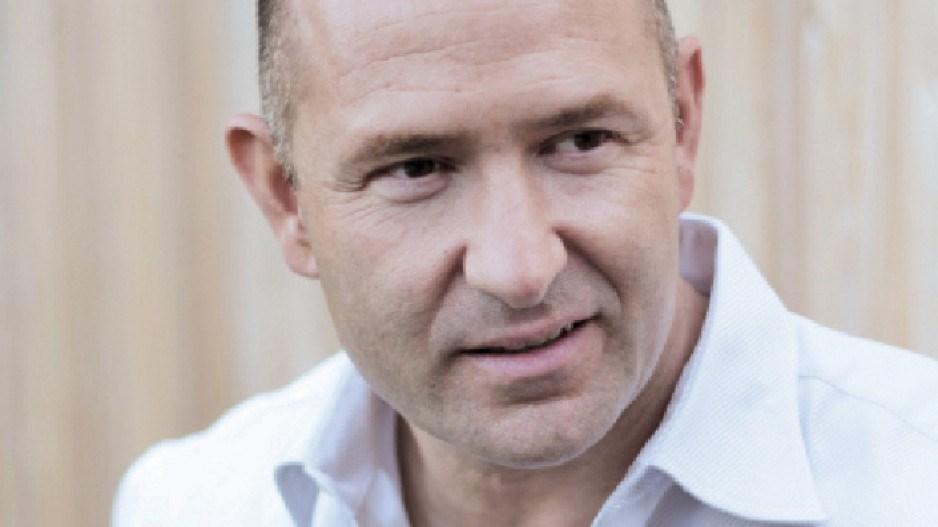As a scuba diver and businessman who travels a lot, David Katz has long been troubled by the amount of plastic waste he has seen choking streams, littering beaches and killing marine life in developing countries.
But it was only after a trip to Malaysia that he saw just how bad the problem was and decided to found Plastic Bank, a social enterprise project that will reward people in developing countries with credits or micro-financing for collecting waste plastics, which are then recycled using advanced sorting technology.
“There was a recent trip to Malaysia where I discovered there really was more plastic on the beach – visibly – than there was sand,” said Katz, founder and president of Port Moody-based telematics company Nero Global Tracking.
“There were places that you just couldn’t go. I think it was really that moment where I could see how bad it had become.”
He recently launched Plastic Bank, and enlisted some key partners, including Mike Biddle, founder of MBA Polymers, a U.S. company based on Biddle’s technology that automates the sorting of all kinds of plastics to make it easier for them to be recycled.
Biddle, who is also a scuba diver, was motivated to develop the technology for sorting plastics for the same reason Katz founded Plastic Bank: he believes waste plastic is fundamentally a valuable commodity, if it can be recovered economically.
His company’s centres in Asia, Austria and the UK process and recycles one million pounds of waste plastic per day – a fraction of the actual waste stream.
“Probably less than 10% of the plastics in the world are recycled, as best we can tell,” Biddle told Business in Vancouver.
Recycled plastic is actually more valuable, pound for pound, than steel, Biddle said. So why, if it is so valuable, does so much of it pile up in developing countries, where one might expect there to be a willing labour force willing to capitalize on a readily available resource?
There are several types of plastics, so there is no single catch-all process for recycling them. The reason plastic water bottles are recycled in most countries on a large scale is that they are made from the same kinds of plastic and are easily identifiable. The plastics used in packaging, containers and electronics are harder to identify and sort.
The Plastic Bank would sort the more easily identifiable plastics to be recycled locally, and ship the rest to MBA Polymer’s recycling centres in the UK or Austria. Katz is working with a business partner in Lima, Peru, where he plans to open the first Plastic Bank.
The Plastic Bank will issue credits or allow collectors to access micro-loans to help them start their own enterprises, rather than pay in cash.
“The big thing with cash [is that] it becomes very corrupt very quick,” said Plastic Bank co-founder Shaun Frankson. “There’s a lot of danger for people handling cash transactions.”
Plastic Bank credits can be used to acquire a variety of things like tools or supplies which can be resold to earn a living.
The Plastic Bank has launched an Indiegogo crowdfunding campaign, with a goal of raising $100,000 to help create the first credit-based exchange centre in Lima.
Although the motivation behind Plastic Bank is philanthropic and environmental, it will be run as a for-profit business, Katz said.
“It’s a social business. It has to be done profitably because it does have to be self sustaining.”




